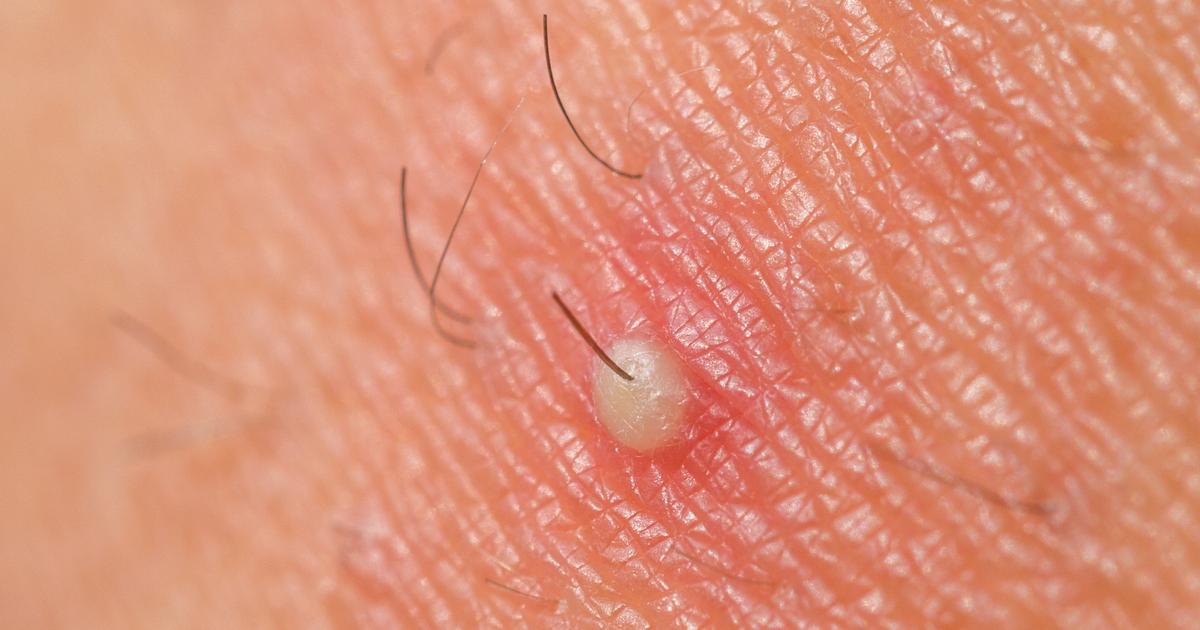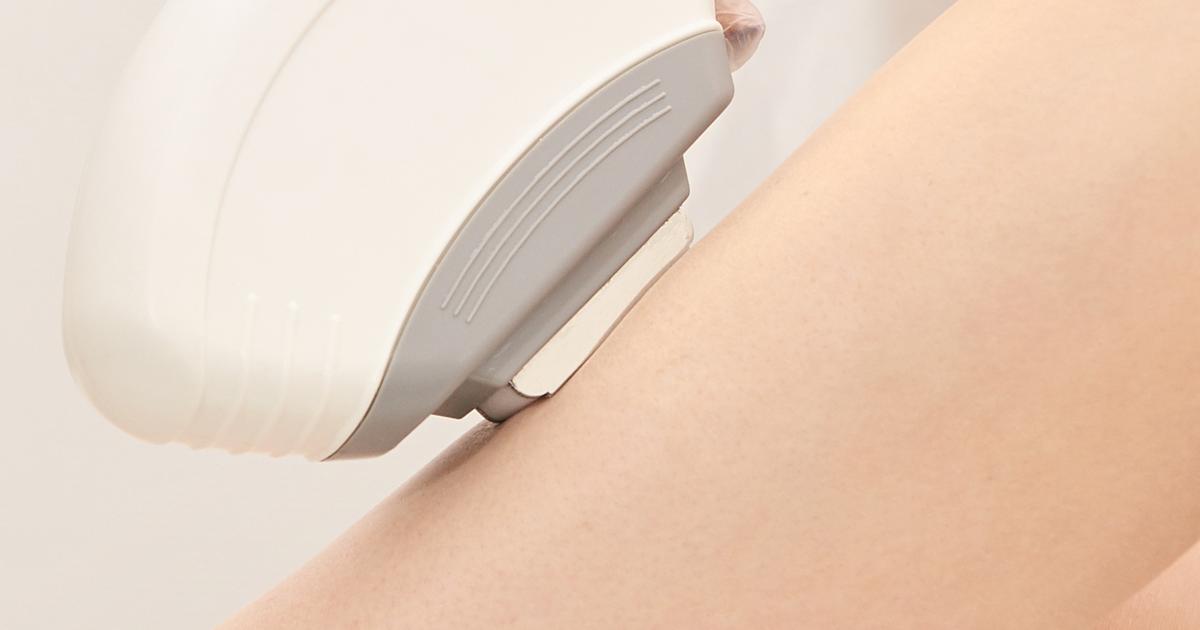Guide To Laser Hair Removal Benefits And Side Effects
Laser hair removal is a cosmetic procedure involving the use of concentrated beams of light to destroy hair follicles. Laser treatments can be performed by dermatologists and licensed technicians, and lasers can be used on all areas of the body, including the face. Patients may choose to have laser hair removal on the chin, upper lip, underarms, or bikini area. Depending on the area being treated, three to eight sessions could be needed to achieve long-term results. Patients are given protective eyewear to use during laser procedures, and most patients report the treatment causes little to no discomfort. Numbing creams can be used before a treatment session to reduce discomfort if needed. Before choosing laser hair removal, individuals concerned about unwanted hair may want to speak with a dermatologist about all of their treatment options. Patients should always check that the individual performing the laser procedure is appropriately certified.
Some of the major potential benefits and side effects of laser hair removal are discussed below.
Prevents Ingrown Hairs

Laser hair removal is a non-invasive treatment that prevents ingrown hairs. Ingrown hairs occur when hair, often when it's been shaved, tweezed, or waxed, grows into the skin instead of in the proper direction. Ingrown hairs can cause pain, redness, swelling, and itching, and some patients may develop pustules, rashes, changes in skin color, and itching. These symptoms could linger for weeks or months, and there is a risk of infection at the site. Home treatment is recommended for most ingrown hairs. As the area heals, patients should avoid scratching or squeezing the ingrown hair, and it can be helpful to use a warm compress over the affected area. Gentle exfoliation with brushes or sponges often promotes faster healing, and patients could consider applying an over-the-counter hydrocortisone cream to reduce swelling and inflammation. If an infection is present, patients should consult a doctor to see whether antibiotics are necessary. Penicillin and cephalosporin are typically prescribed if ingrown hairs have become infected.
Learn more about the benefits associated with laser hair removal now.
Lasting Results

While other hair removal methods such as shaving or tweezing may have to be performed several times a week, laser hair removal can provide near-permanent hair removal and lasting results after an average of three to eight sessions. After these sessions, patients can expect to see a twenty to ninety percent reduction in hair growth in the treated area. It might be necessary to attend follow-up sessions every six to twelve months to manage any potential regrowth, though laser hair removal is much less time-consuming compared to other hair removal methods.
An individual's skin type, hair type, and rate of hair growth play a role in determining how long the results of laser hair removal could last. Patients who have fair skin and dark hair could have longer-lasting results than individuals with other skin and hair types. This is because lasers can target dark hairs more effectively than light hairs, and the contrast between dark hair and fair skin allows the laser to be more precise. Patients with darker skin tones or lighter hair can often be successfully treated with diode and Nd:Yag lasers. Individuals with coarse hair often need more laser treatments than those with fine hair, and patients who find they have to shave or tweeze daily will normally need more laser sessions than those who have a slower rate of hair growth.
Uncover more details on the benefits linked to laser hair removal now.
